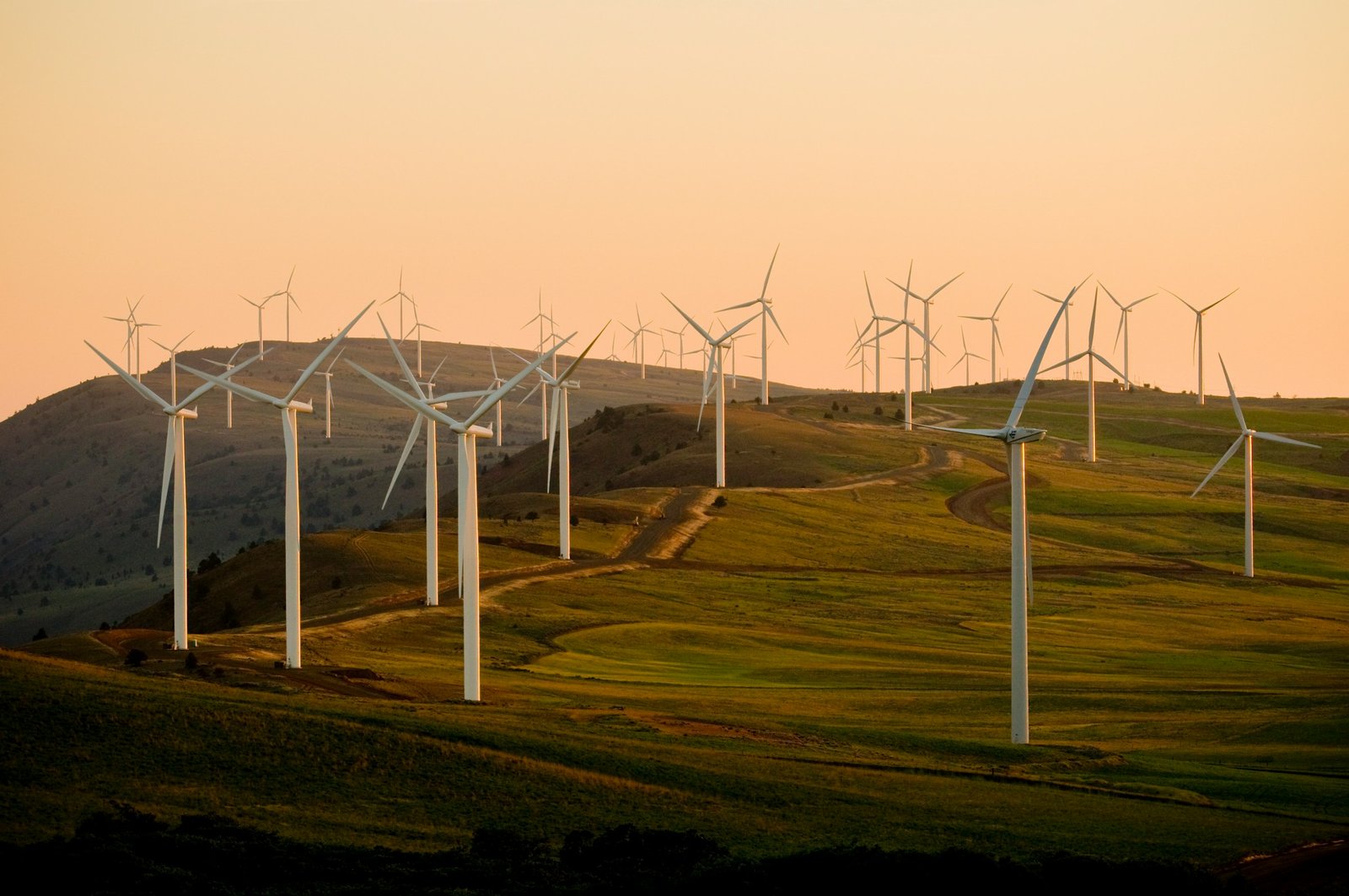Ten countries, including three European countries, now produce over 97% of their energy through renewable sources

Image by American Public Power Association
Ten countries, including three European countries, now produce over 97% of their energy requirements through renewable energy sources. These countries that have achieved energy sustainability in the journey towards controlling global warming below 1.5°C by 2030, as called for by the Paris Agreement, are Albania, Bhutan, Costa Rice, the Democratic Republic of Congo, Ethiopia, Norway, Nepal, Namibia, Iceland, and Paraguay. The key energy sources across these countries are wind, solar, hydro, and geothermal power.
According to a report published by Stanford University based on data collected by the International Energy Agency (IEA), 47 countries are also producing more than 50% of their energy requirements through renewable energy sources by 2021/22. Interestingly, the variety of countries in this list ranges from multiple regions of the world, and multiple economic backgrounds, highlighting the possibility of going green with appropriate policies and investments.
However, some of the largest economies in the world such as China, the United States, Japan, India, and Russia are lagging in their commitment to controlling global warming through sustainable energy production. The percentage of energy produced sustainably in these countries is reported as 26.90%, 20.75%, 19.79%, 19.27%, and 19.18% respectively.
At the same time, while the United States as a whole is producing only 20.75% of its energy through renewable sources, some of the states in the U.S. such as California, Iowa, Kansas, Maine, Montana, New Mexico, North Dakota, Oklahoma, Oregon, South Dakota, Washington State, and Wyoming produces over 50% of its energy renewably.
Most importantly, the world as a whole produces 25.97% of its electricity through renewable energy sources. While this is a significant improvement in the journey towards reducing global warming, with only 5+ years remaining in the goal towards reducing global warming to 1.5% by 2030, further large-scale investments by governments and private corporations are required to effectively tackle the climate crisis.
Some other initiatives that contribute to tackling the climate crisis as highlighted by Better Tomorrow News include emission-free shipping, Liverpool’s tidal power generation, the World Economic Forum’s Biodiversity Credits Initiative, and the 10% net gain of biodiversity law in the UK.



